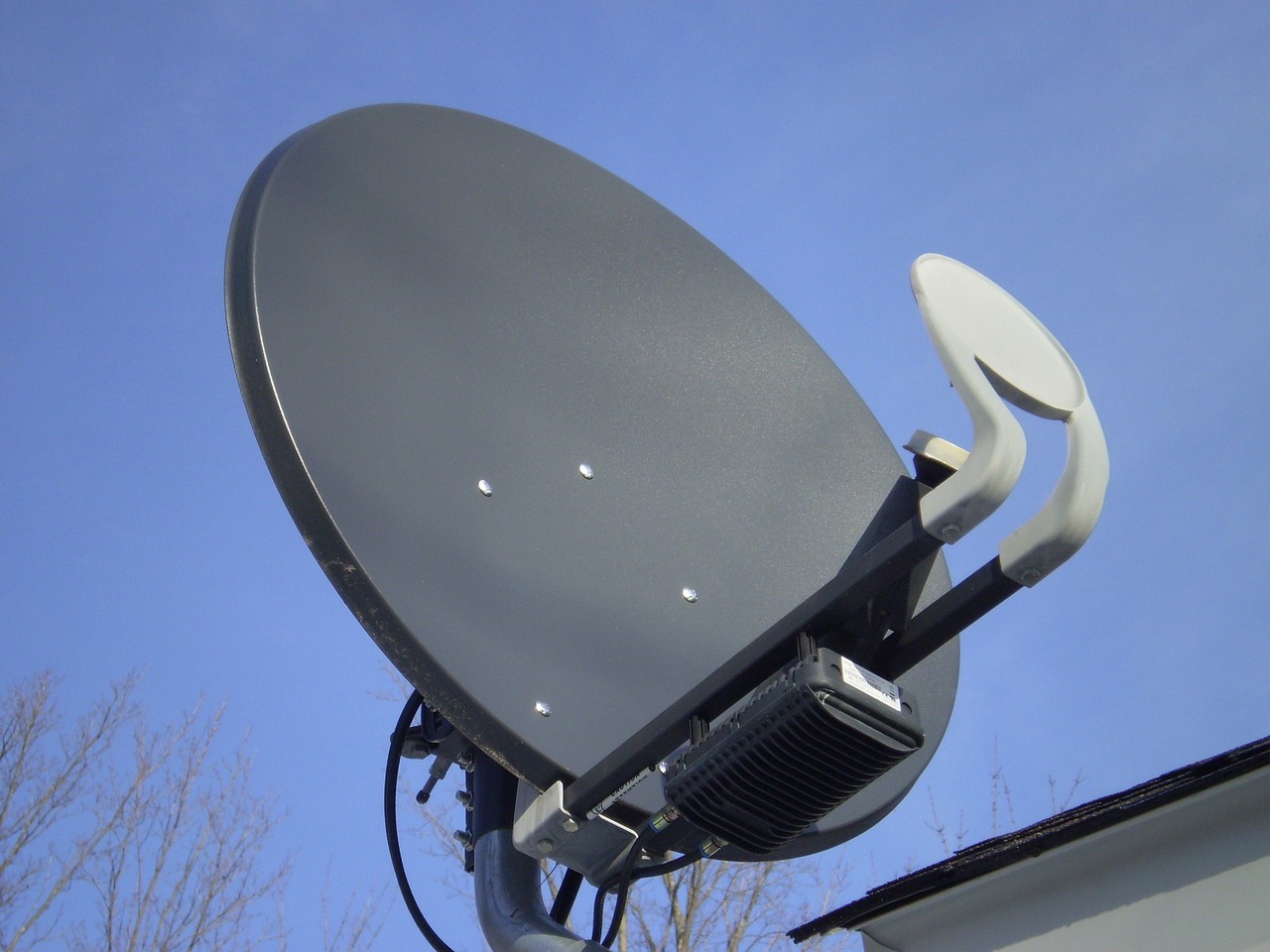
ΑΙhub.org
A neural network method for satellite anomaly detection

Rural and remote communities in Canada often rely on satellites to access the internet, but those connections are fraught with many glitches and service interruptions because the technology can be unreliable. The inequity in internet access between these communities and those who live in cities is an ongoing problem with myriad consequences for Canada’s economic productivity.
A team of researchers from the University of Waterloo and the National Research Council (NRC) are tackling this long-standing issue using machine learning. The team’s method, the Multivariate Variance-based Genetic Ensemble Learning Method, merges several existing AI-driven models to detect anomalies in satellites and satellite networks before they can cause major problems.
“For remote areas in Canada and around the world, satellites are often their best option for maintaining internet access,” said Peng Hu, an adjunct professor of computer science and statistics and actuarial science at Waterloo and the corresponding author of the study. “The problem is that the operation of those satellites can be expensive and time-consuming, and issues with them can lead to populations being cut off from the rest of the world.”
The project was conducted at the NRC-Waterloo Collaboration Centre together with Yeying Zhu, associate professor of statistics and actuarial science, in a research project supported by the NRC’s High-throughput and Secure Networks Challenge program.
The researchers tested their method using three datasets: Soil Moisture Active Passive – NASA satellite monitoring soil moisture across Earth, Mars Science Laboratory rover – satellite data from the Mars rover, and Server Machine Dataset – data from a large internet provider.
The researchers chose these datasets both because of their public availability and because they’re representative of a large array of satellite uses.
In a series of tests, their new model outperformed existing models in terms of accuracy, precision, and recall.
“Satellite network systems are going to be more and more important in the future,” Hu said. “This research will help us to design more reliable, resilient, and secure satellite systems.”
The research, Multivariate Variance-based Genetic Ensemble Learning for Satellite Anomaly Detection, appears in the journal IEEE Transactions on Vehicular Technology.
You can read the research in full in the arXiv version.










